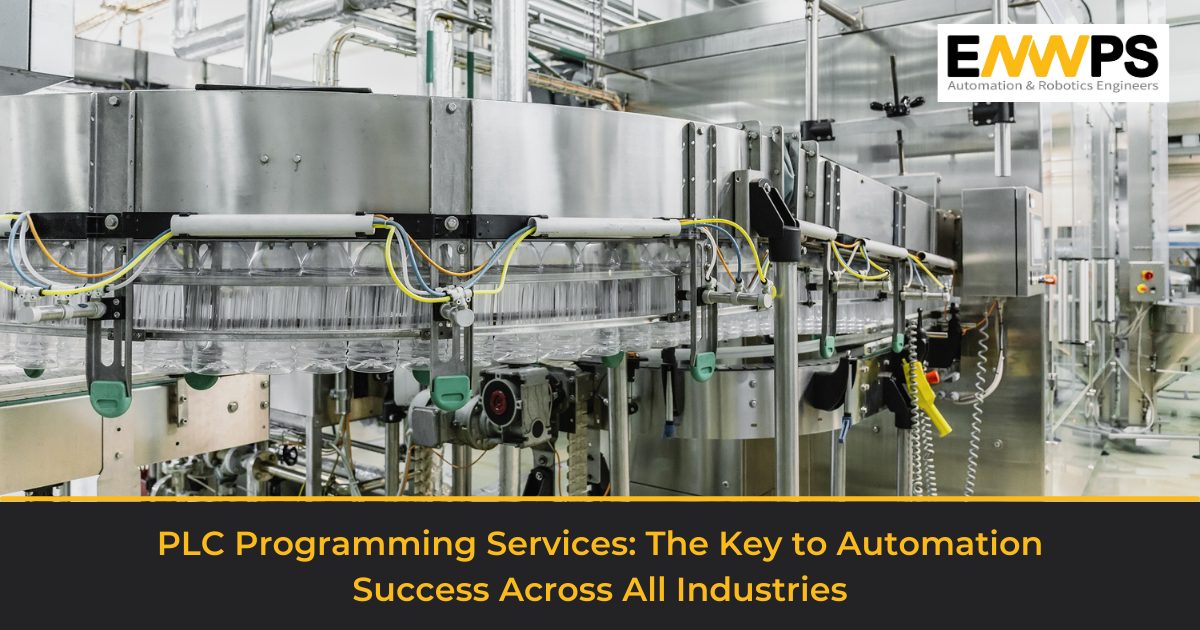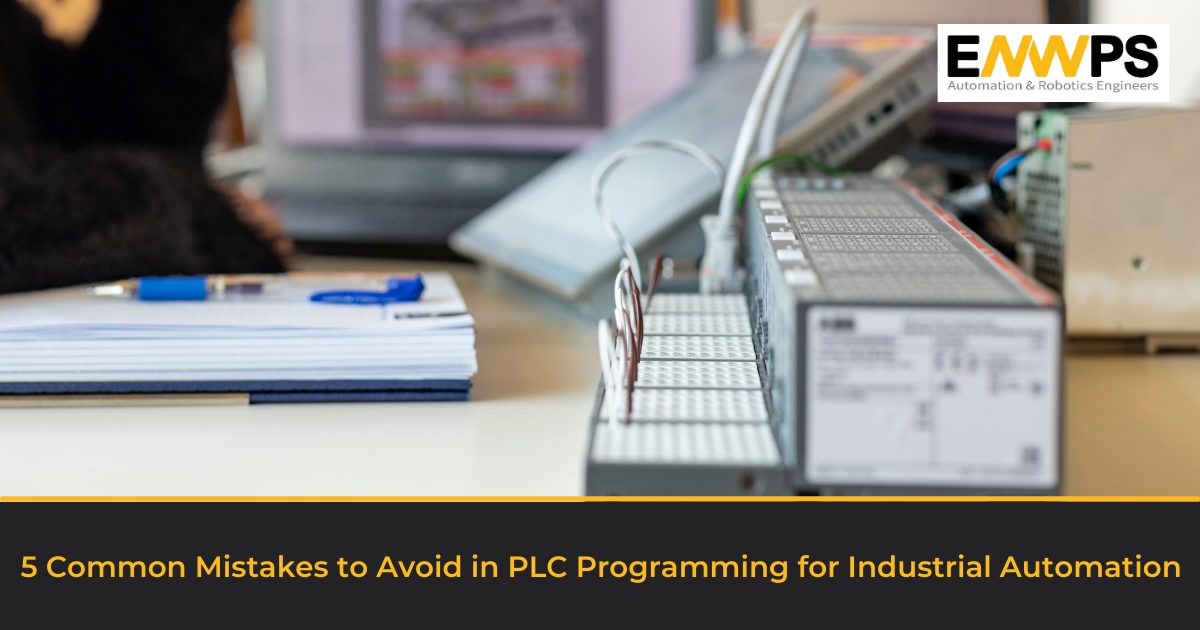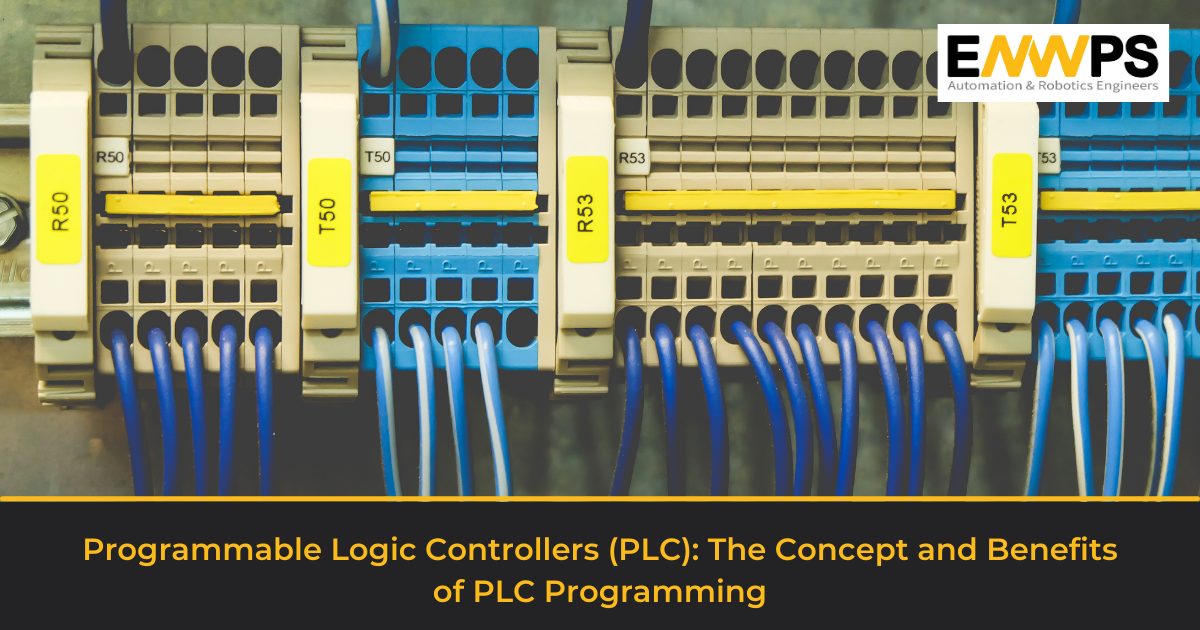
Automation has become a crucial aspect of modern industry, enabling companies to increase efficiency, productivity, and profitability. One of the key components of automation is Programmable Logic Controllers (PLCs), which are used to control and monitor complex industrial processes. However, developing and implementing effective PLC programming can be a challenging and time-consuming process. This is where PLC programming services come in, providing specialized expertise and resources to help companies achieve automation success. In this article, we will explore the importance of PLC programming services and how they can help in various industries achieve their automation goals.
Overview of Industrial Automation
Industrial automation is the use of technology and control systems to automate and optimize industrial processes, such as manufacturing, assembly, and material handling. The goal of industrial automation is to increase efficiency, productivity, and safety while reducing costs and errors.
Automation systems can include various technologies such as Programmable Logic Controllers (PLCs), Human-Machine Interfaces (HMIs), sensors, and actuators. These technologies work together to control machines and equipment, monitor performance, and provide feedback to operators and managers.
The use of industrial automation is widespread across many industries, including automotive, aerospace, food and beverage, pharmaceuticals, and electronics. It has revolutionized the way businesses operate, enabling them to produce goods and services more quickly, reliably, and cost-effectively.
Therefore, industrial automation has a significant impact on the global economy and is driving innovation and growth in many industries. As technology continues to advance, it is expected that automation will become even more prevalent, leading to increased efficiency and productivity in the industrial sector.
Advantages of PLC Programming Services
PLC programming services provide several advantages to companies in different industries. Here are some of the key benefits:
- Specialized Expertise: Opting for PLC programming services allows industries to gain access to experienced and knowledgeable professionals and make the best of their specialized expertise. They have a deep understanding of the latest technologies and best practices, and can help optimize processes to improve efficiency and productivity.
- Cost Savings: Outsourcing PLC programming services can lead to significant cost savings for companies. Instead of investing in costly in-house equipment, software, and personnel, companies can leverage the resources and expertise of third-party providers.
- Faster Time-to-Market: These services will cover every step in the process of PLC programming, dedicating time, and resources entirely for it. This in turn reduces the turn-around-time and helps industries gain a competitive edge and capitalize on new opportunities.
- Reduced Downtime: Effective PLC programming services can help to reduce downtime and improve uptime, which can increase productivity and profitability. By ensuring that machines and equipment are operating efficiently and reliably, companies can reduce the risk of unplanned downtime and maintenance costs.
- Flexibility: Outsourcing PLC programming services provide companies with greater flexibility and scalability. This enables them to quickly adapt to changing market conditions, adjust production levels, and expand or reduce operations as needed.
Role of PLC Programming in Automation Across Industries
PLC (Programmable Logic Controller) programming is playing a crucial role in industrial automation across various sectors. Here are some ways in which PLC programming is helping in automation:
Control of Machinery and Equipment: PLCs are used to control and monitor machinery and equipment in various industries. PLC programming helps to automate processes and reduce human error, improving the efficiency and accuracy of production.
Process Control: PLC programming is used to automate and control various industrial processes such as assembly lines, material handling, and quality control. By automating these processes, companies can achieve greater consistency, quality, and efficiency.
Data Collection and Analysis: PLCs are equipped with sensors and other devices that can collect and transmit data on machine performance, productivity, and other critical metrics. PLC programming allows companies to analyze this data in real-time and make informed decisions about process improvements and optimization.
Remote Monitoring and Control: With PLC programming, companies can remotely monitor and control their machinery and equipment, enabling them to troubleshoot issues and make adjustments as needed without the need for on-site personnel.
Customization: PLC programming allows for the customization of automation processes to fit specific industry needs. This enables companies to achieve greater precision and efficiency in their operations.
Challenges of Implementing Automation
The advantages of opting for PLC programming services put the businesses one step ahead of their competitors. However, there are some challenges that most industries may face during the implementation of automation processes. Let’s go through them to help you navigate through them in a better way:
- Difficult to change the existing infrastructure to adapt with the automated machines. It also requires significant investment while making them switch.
- Extensive strategic planning to accommodate the changed infrastructure in the existing conditions. It also needs a dedicated team to analyze the change in the machinery as well as the mindset to incorporate profitability.
- Training the human workforce to constantly adapt to the digitization of machinery is challenging for all types of enterprises, small or large.
Benefits of Working with Professionals
Considering the challenges of implementation and the advantages of automation, it’s crucial that you select the best partner that provides PLC Programming services. By working with industry experts and professionals, an enterprise can expect:
- Getting an expert’s advice in the automation process,
- Getting a team of exceptionally skilled and experienced professionals,
- Reduced hassles of managing an extra set of skills and team,
- Improved uptime and increase in profitability.
Conclusion
In conclusion, automation is the key to success in industries across various sectors. The use of PLC programming and other automation technologies is transforming the way businesses operate, leading to greater efficiency, productivity, and profitability. As industries continue to evolve and become more competitive, automation will be essential for companies to stay ahead of the curve and succeed in the marketplace. Lead in automation with ENWPS at your side.
Talk to us today! Reach us on automation@enwps.com




